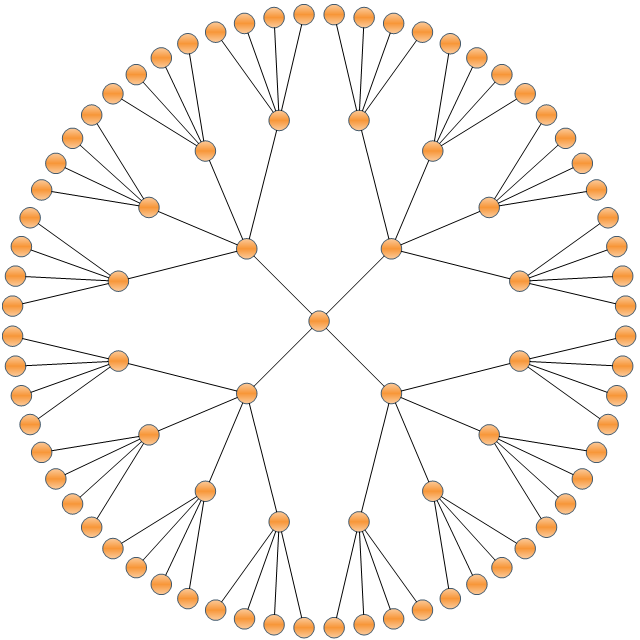diasporic on Nostr: The grammatical gender of "día" is a bit confusing because it's an exception to the ...
The grammatical gender of "día" is a bit confusing because it's an exception to the rule: "masculine: -o; feminine: -a".
It's one of the few oddball words you just need to memorize:
"la mano/las manos": feminine
"el día/los días": masculine
And then some words from Greek which end in "-a" but are masculine gendered, the two most common being:
"el problema/los problemas"
"el planeta/los planetas"
And some occupational names where the occupation is a feminine-gendered word, but an individual person with that job happens to be male:
"el policía": the (male) cop
"la policía": the cops
There are some feminine-gendered singular words starting AND ending in /a/ which are exceptions (supposedly to avoid "-a a-", but only for words with stress on the first syllable ☹️):
"el águila", but "las águilas",
but "la alerta/las alertas", etc
"el hampa", but "las hampas",
but "la hamaca/las hamacas", etc
And also silly narco nicknames, like:
"El Pelucas"
"El Barbas"
Just learn the first 5 exceptions, and that "la gente" is singular even though it's a collective noun (even Americans and Brits can't agree on that in English), and that's good enough. Spanish speakers tend to be incredibly forgiving with gender concordance errors (a sweeping generalization, but one which all my anecdotes support).
It's one of the few oddball words you just need to memorize:
"la mano/las manos": feminine
"el día/los días": masculine
And then some words from Greek which end in "-a" but are masculine gendered, the two most common being:
"el problema/los problemas"
"el planeta/los planetas"
And some occupational names where the occupation is a feminine-gendered word, but an individual person with that job happens to be male:
"el policía": the (male) cop
"la policía": the cops
There are some feminine-gendered singular words starting AND ending in /a/ which are exceptions (supposedly to avoid "-a a-", but only for words with stress on the first syllable ☹️):
"el águila", but "las águilas",
but "la alerta/las alertas", etc
"el hampa", but "las hampas",
but "la hamaca/las hamacas", etc
And also silly narco nicknames, like:
"El Pelucas"
"El Barbas"
Just learn the first 5 exceptions, and that "la gente" is singular even though it's a collective noun (even Americans and Brits can't agree on that in English), and that's good enough. Spanish speakers tend to be incredibly forgiving with gender concordance errors (a sweeping generalization, but one which all my anecdotes support).
